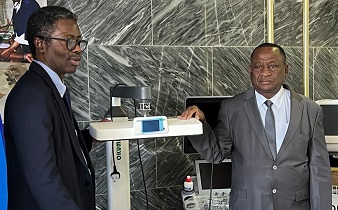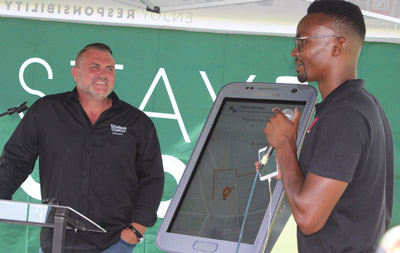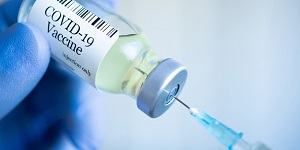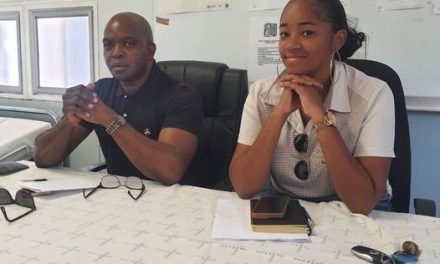
Health ministry receives critical equipment to support quality care for pregnant women

The Ministry of Health and Social Services (MoHSS) this week received a donation of medical equipment from the World Health Organization (WHO) to support case management activities during the height of the COVID-19 pandemic, with a specific focus on monitoring unborn babies of mothers infected with COVID-19.
The medical equipment which entails 39 Cardiotocography (CTG) machines, 51 suction machines and 31 incubators, 10 LED Phototherapy Units with accessories, 3 Ultrasound Scanners, and 1 000 ultrasound gel, was procured with funding from the governments of Korea and Iceland.
In his keynote address, the Minister of Health and Social Services, Dr. Kalumbi Shangula, said the equipment will go a long way to “strengthen our health system and improve service delivery in our health facilities.”
According to the health minister, the availability of medical equipment is imperative in providing quality healthcare services. He also noted that the quality of healthcare will be enhanced, and the performance of their healthcare workers will be improved when the needed medical equipment is available and ready for use at all times.
“In this regard, it is important to ensure that the equipment we are receiving here today is kept in a sound state of functionality so that it can serve its purpose. On its part, the Ministry will continue to avail the necessary equipment, clinical supplies, and work aids to facilitate effective and efficient service delivery at all times,” Shangula stated.
He further emphasized that the delta variant did not spare pregnant women and their unborn babies either. “It was observed that pregnant women infected with the virus were experiencing numerous challenges, including complications that led to stillbirths and premature deliveries,” he said.
Accordingly, the Case Management Pillar advised the ministry that as a way of saving the mothers and their unborn babies, they needed to obtain equipment that would aid in monitoring the fetus while the mothers were being treated for COVID-19 incubators to prepare for preterm deliveries resulting from complications related to the delta variant in pregnant mothers.
“This observation was not unique to Namibia, and there was scientific evidence that the delta variant was associated with the risk of fetal distress and preterm deliveries,” the minister said, adding that based on the scientific evidence, they reached out to their partners for financial assistance to help them acquire equipment that would enable the healthcare workers to monitor the fetus and incubators to support premature the management of premature babies.
He added that the equipment will be distributed in health facilities and used to hastily pick up fetal distress caused by reasons other than COVID-19. The incubators will be used to manage premature babies, he said.
Meanwhile, WHO Representative Dr. Charles Sagoe-Moses, said the equipment will also contribute to the government’s efforts to increase capacity for emergency preparedness and response and gives confidence that should the country experience a surge in COVID-19 cases to the levels of the Delta wave, the country’s health system will be “better equipped to respond and save lives.
He said the WHO will continue to work with the ministry to minimize the risk and mitigate the impact of public health emergencies on the most vulnerable.
 The Minister of Health and Social Services, Dr. Kalumbi Shangula and WHO Representative Dr. Charles Sagoe-Moses.
The Minister of Health and Social Services, Dr. Kalumbi Shangula and WHO Representative Dr. Charles Sagoe-Moses.













































